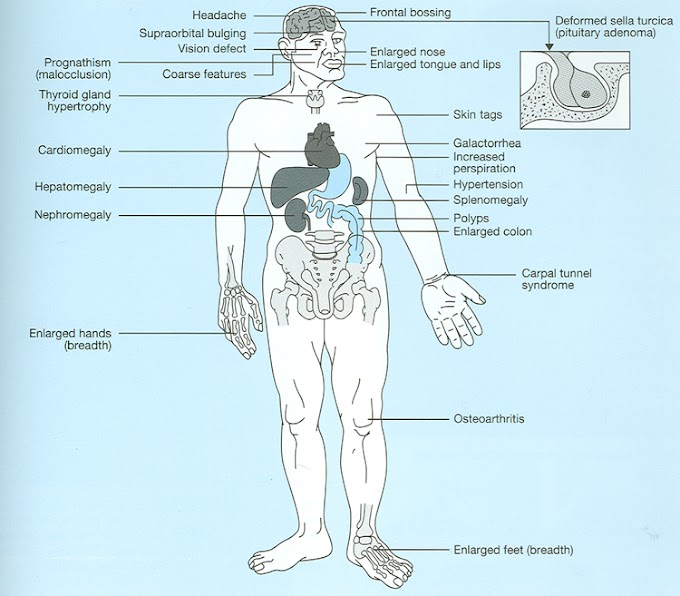A heart attack occurs when blood flow to the heart muscle is interrupted. This deprives the heart muscle of oxygen, causing tissue damage or tissue death.
Causes
A heart attack may be caused by:
• Thickening of the walls of the arteries feeding the heart muscle (coronary arteries)
• Accumulation of fatty plaques in the coronary arteries
• Narrowing of the coronary arteries
• Spasm of the coronary arteries
• Development of a blood clot in the coronary arteries
Risk Factors
A risk factor is something that increases your chance of getting a disease or condition.
• Sex: Male
• Increased age
• Obesity
• Smoking
• High blood pressure
• Sedentary lifestyle
• High blood cholesterol (specifically, high LDL cholesterol, and low HDL cholesterol)
• High blood triglycerides
• Diabetes
• Stress
• Family members with heart disease
Symptoms
Symptoms include:
• Squeezing, heavy chest pain, especially with:
- Exercise or exertion
- Emotional stress
- old weather
- A large meal
• Shortness of breath
• Sweating, clammy skin
• Nausea
• Weakness
• Loss of consciousness
Unusual symptoms of heart attack (may occur more frequently in women):
• Stomach pain
• Back pain
• Confusion
• Fainting
Diagnosis
If you think you are having a heart attack, call 911 immediately. You need emergency medical care.
Tests may include:
Blood Tests – to look for certain substances found in the blood within hours or days after a heart attack. Blood tests will be repeated every 6-8 hours to track the progressive elevation of certain enzymes that indicate heart muscle damage.
Urine Tests – to look for certain substances found in the urine within hours or days after a heart attack
Electrocardiogram (EKG) – records the heart's activity by measuring electrical currents through the heart muscle. Certain abnormalities in the EKG occur when there is significant blockage of the coronary arteries and/or damage to the heart muscle. The EKG will be repeated to track the progression of these changes.
Echocardiogram – uses high-frequency sound waves (ultrasound) to examine the size, shape, and motion of the heart
Stress Test – records the heart's electrical activity under increased physical demand
Thallium Stress Test – thallium is used to scan the myocardium, the middle layer of the heart
Nuclear Scanning – radioactive material is injected into a vein and observed as it is absorbed by the heart muscle
Electron-beam CT scan – a type of x-ray that uses a computer to make pictures of the heart and surrounding structures
Coronary Angiography – x-rays taken after a dye is injected into the arteries; to look for abnormalities in the arteries
Treatment
Treatment may include:
• Oxygen
• Pain-killing medications (such as morphine)
• Nitrate medications
• Atropine
• Beta-blocking and/or ACE inhibitor medications
• Anti-anxiety medications
• Clot-busting agents: within the first six hours after a heart attack, you may be given medications to break up blood clots in the coronary arteries. These include:
- Tissue plasminogen activator (tPA)
- Streptokinase
- APSAC
Surgeries for people with severe blockages in their coronary arteries may include:
• Coronary bypass graft
• Atherectomy
• Balloon angioplasty with or without stenting
Physical or Rehabilitative Therapy
During recovery from a heart attack, you may need physical or rehabilitative therapy to help you regain your strength.
Psychotherapy or Antidepressant Medication
Some people have depression after suffering a heart attack. If you do, psychotherapy and/or antidepressant medications may help relieve depression.
Prevention
Preventing or treating coronary artery disease may help prevent a heart attack.
• Maintain a healthy weight.
• Begin a safe exercise program with the advice of your doctor.
• If you smoke, quit.
• Eat a healthful diet, one that is low in saturated fat and rich in whole grains, fruits, and vegetables.
• Appropriately treat high blood pressure and/or diabetes.
• Ask your doctor about taking a small, daily dose of aspirin. It has been shown to decrease the risk of heart attack.
• Ask your doctor about taking cholesterol-lowering medications.
• Ask your doctor about taking nitrate medications if you have angina due to coronary artery disease.
• Ask your doctor about taking medication to improve heart function, such as:
- Beta-blockers
- ACE-inhibitors
- Digitalis-type drugs




0 Comments